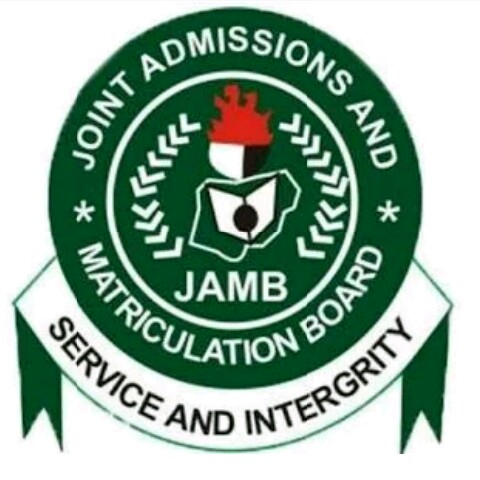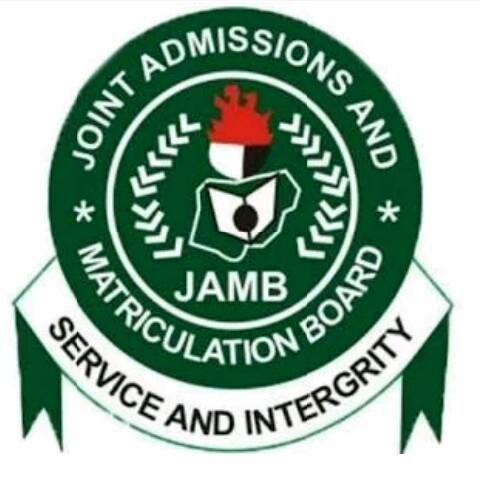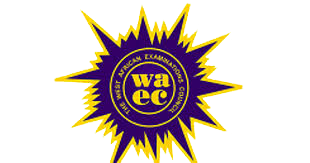An examination is an essential aspect of education since it is the most recognised and acceptable method for testing whether teaching and learning have occurred. While some students approach their examinations with joy and calmness, others usually develop some kind of unexplainable, sudden apprehension. This may not be unconnected with a lack of preparedness on the part of the latter group. Sometimes, even those who think they are adequately prepared for an examination end up failing. This article, therefore, provides guidelines on ways to prepare for an examination.
Begin on your first day in school
Many students live with the erroneous mindset that examination preparation begins a week or a few days before the examination. The most effective way of preparing and passing any examination is to commence your preparation on your first day in school/class. In many cases, students hardly take the first topic of a subject seriously. The first topic usually sets the groundwork for further understanding of the entire subject/course. It must be taken seriously. Attend the first class and familiarize yourself with the teacher and subject/course. Most importantly, beginning early helps you map out all your (study and other) strategies.
Revise daily
Similar to the first misconception, many students do not revise until a few days before the examination. While it is granted that individuals have different study habits, daily revision is highly beneficial, especially for the retention of ideas. Many students have given a personal, oral declaration that they tend to recall ideas if they revise what they learnt before the next day. You may as well try revising each day’s work before going to bed.
Take notes and make notes
Several individuals have reported that they tend to easily recall information that they have written than that which they heard. Participating in a class by way of note-taking enhances one’s ability to recall information easily. The note-taking process is done in short-hand. As a student develops that body of information later (note-making), he/she is engaged in another form of revision. All these go a long way to reinforce knowledge/learning.
Possess a positive mindset
Apart from what you are expected to write in the examination, your psychological state before the examination matters a lot. It is well known that many students dread examinations. This has caused some to always have a negative mindset (of failure) at the mention of the word “examination”, even when they possess the knowledge needed to write their examination. It is not surprising, therefore, that brilliant or knowledgeable students fail examinations. They do not fail because of a lack of knowledge. They failed because of their psychological disposition. Success in any examination begins with possessing a positive mindset. It is commonly said that as a man thinketh, so is he. If you spend your time thinking of failure, you are most likely to fail. But if you think of success, you are energised to study and eventually pass your examination.
Also Read: How to Learn Anything Fast and Remember it
Cover your syllabus/scheme
Most examinations have a syllabus (for the entire course) or a scheme (for a particular semester/term). In such examinations, the examiners do not set their questions outside the syllabus/scheme. So, studying all the topics in the syllabus/scheme puts you in a favourable position to excel.
Study past questions and speculate possible ones
There are huge benefits in studying past questions. Many examination boards maintain their question models. Getting used to a question model makes you less anxious about what to expect in the examination hall. Moreover, since the examination questions are in tandem with the syllabus, it, therefore, shows that whereas the wording of questions may change, the requirements and logic for answering them remain the same. As you familiarise yourself with questions from the previous years, you are indirectly working on your anxiety level and the speed with which you are to attempt each question. Apart from past questions, good readers form/set questions for themselves and many times, in the process, they could speculate exact questions which may appear in the actual examination.
Have quality rest and food
The brain and other parts of the body need rest after working for some time. Do not overtask your brain or stress your body before an examination. It is advisable to have a good sleep of about 7-8 hours the night before an examination. Do not engage in a very serious study on the day of your examination. If you must read, do light revisions. Some people read through the night before an examination and end up dozing off in the examination hall. That is a recipe for failure. Moreover, your dieting matters. Eat good food that will supply the needed energy and focus for an examination condition. It is advisable to eat light and avoid any kind of food that will keep you uncomfortable throughout the examination.
Decide not to engage in examination malpractice
Examinations are done to ascertain the level of your knowledge. When you engage in malpractices, you defeat the essence of the exercise. Besides, there is scarcely an examination body that does not have zero tolerance for malpractice. It is a good form of preparation to decide not to cheat in the examination hall because if you are caught in such an act, all your efforts in studying or registering for the examination would be futile.
Keep all your requirements handy and be prompt at the venue
You should have your registration/identification slip, writing materials and other requirements in a file or purse a day before the examination. Do not wait till the examination day to keep these things handy. You will avoid running helter-skelter in a bid to provide these materials for yourself. Lateness to an examination can destabilise a candidate. Get to the examination venue at least 30-40 minutes before the commencement. This will keep you in a relaxed and coordinated mood.







